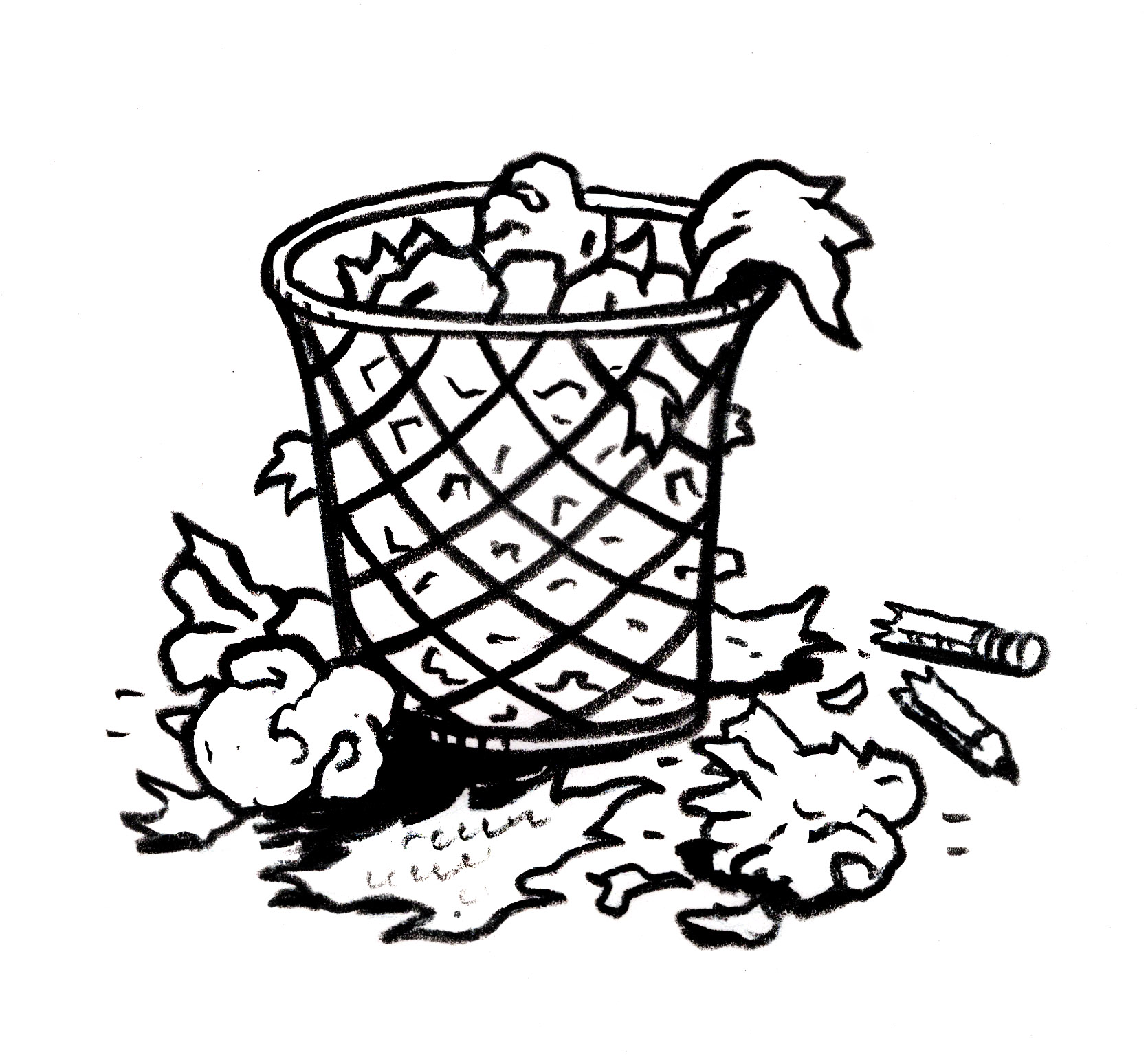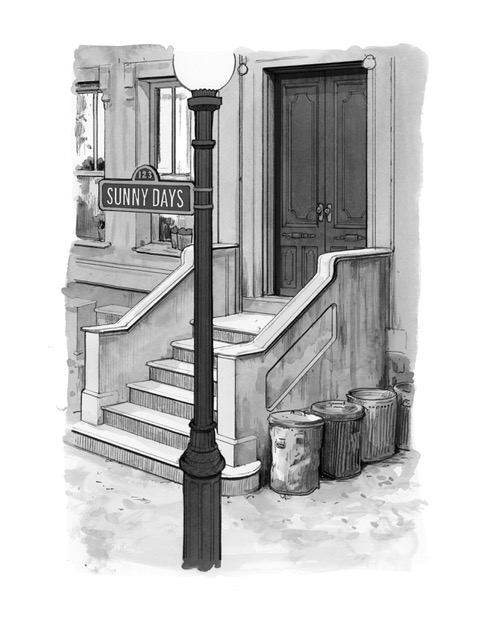
DEPT. OF CORRECTIONS
No author can claim to put out a work of nonfiction utterly secure that his book is 100% correct. If you find something in Sunny Days that seems wrong or that you know to be wrong, write to me at david@davidkamp.com. If a correction is warranted, I will publish it right here, just below the stoop picture. Scroll down to see!

Re: The Namesakes of Gordon and Susan…
On p. 83, I write that Jon Stone, Sesame Street‘s first showrunner, named the character Gordon after the filmmaker/photographer Gordon Parks, and the character Susan after “the black Broadway actress Susan Watson, a friend of Stone’s.” As reader Todd Purdum notes, Watson, who played Kim in the original Broadway production of Bye, Bye, Birdie, is not black. My mistake is all the more egregious because I actually met Ms. Watson in the course of reporting Sunny Days—she is married to the former Sesame Street producer Norton Wright, and I paid a call to their home in Southern California and had a convivial time with both. I somehow misconstrued Jon Stone’s words in his unpublished memoir and thought he was referring to a different Susan Watson. He wasn’t. My bad.
Re: The Kent State shootings…
On p. xiv of the introduction, when I contextualize the era in which these children’s shows were launched, I say that the Kent State massacre, in which National Guardsmen killed four and wounded a further nine, occurred in April 1970. It actually took place in May of that year.
Re: David McCall, inventor of Schoolhouse Rock!…
On p. 184, I write that David McCall, the noble adman who created Schoolhouse Rock! and devoted his later years to full-time activism, died in a car crash in 1999 while on a Refugees International mission in Albania. That part is correct. But George Newall, the last surviving member of the original Schoolhouse Rock! creative team, wrote to me to note that McCall’s wife, who died alongside him, was not his first wife, Joan, but his third wife, Penny. Duly noted and sorry to the McCall family for getting this wrong.
Re: Emilio Delgado’s activism…
On pp. 135-136, I write about how Delgado, before he was cast as Luis on Sesame Street, was an activist involved in the L.A.-based Chicano Movement, and how he and his young family narrowly avoided the violent conclusion of the Chicano Moratorium’s anti-war march through East Los Angeles on August 28, 1970. I write that the Los Angeles Times journalist Ruben Salazar was killed by a gas canister “thrown by an L.A. County sheriff’s deputy.” In fact, as reader Charles Silver noted to me, the record shows that the canister was not merely thrown but fired into the bar—an act more brazen in its violence than I had portrayed.
Re: Leon Mobley, one of the stars of Zoom…
On p. 233, I write about Mobley, one of the WGBH-TV program’s kid standouts, and how he attended school in the Boston suburb of Dover as part of METCO, which I describe as “a voluntary Massachusetts program in which gifted and talented children from poor urban neighborhoods were bused to schools in prosperous suburbs.” Wallis Wickham Raemer, who worked as a guidance counselor for more than two decades in the METCO districts of Natick and Brookline, wrote in to clarify that METCO “was NOT a program for ‘gifted and talented’ students…. The students represented quite a range of abilities and talents. Typically, African American parents who lived in Boston signed their children up for METCO immediately when their babies were born to get them on the list, as competition was high and places limited. There was no formal screening of the students on the basis of ability.” METCO exists to this day, Raemer notes: “A wonderful program it still is!”